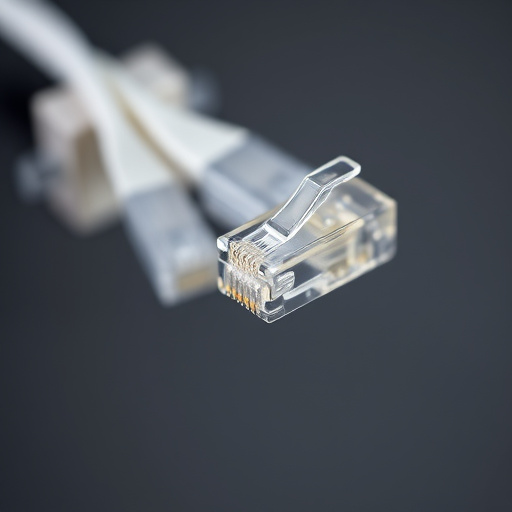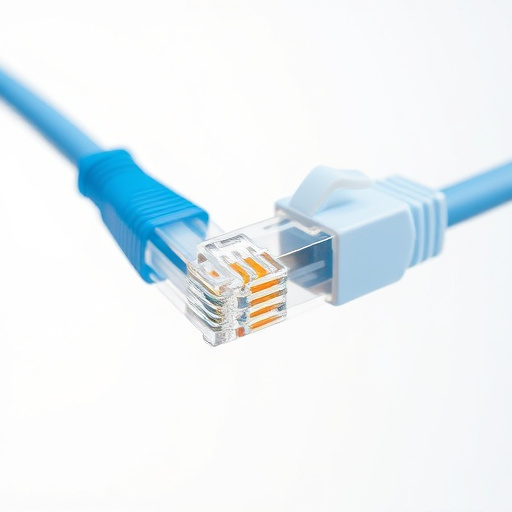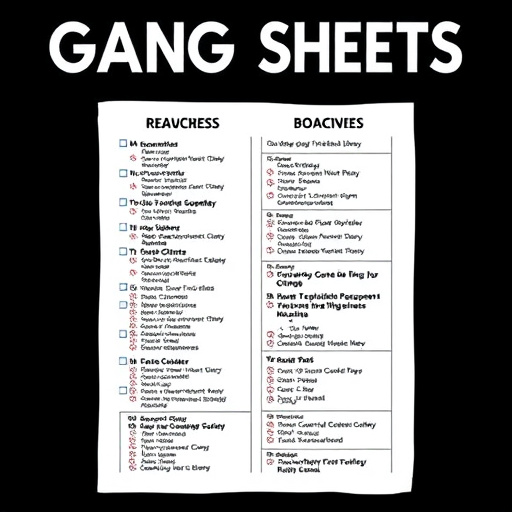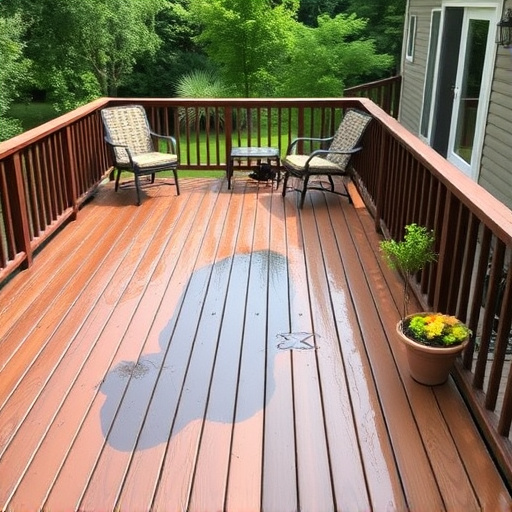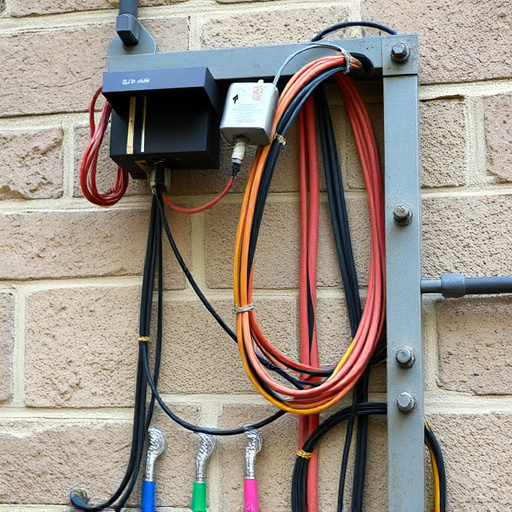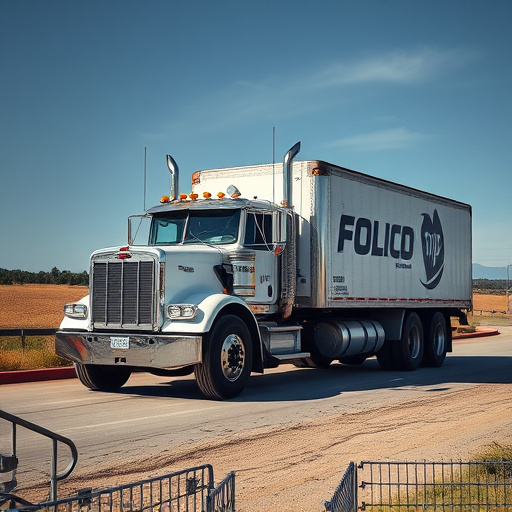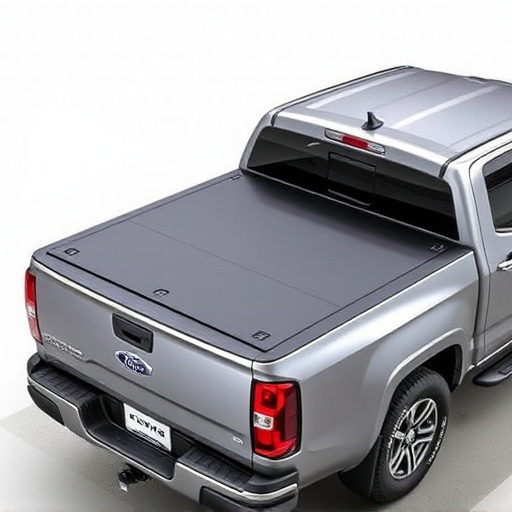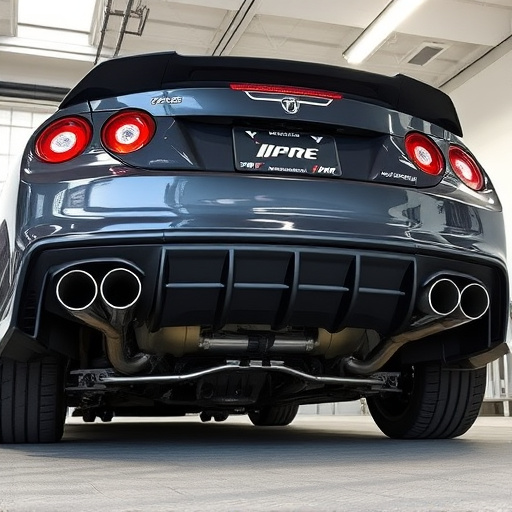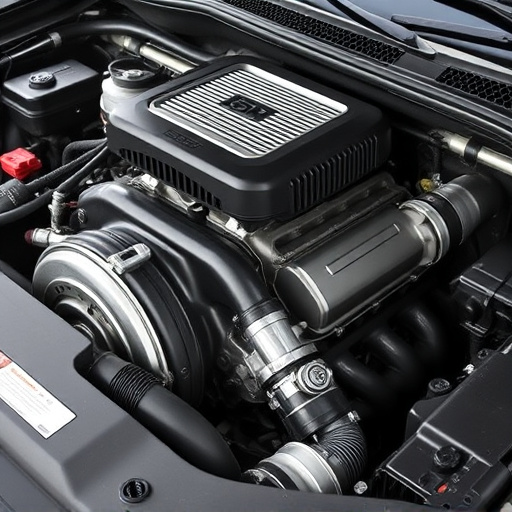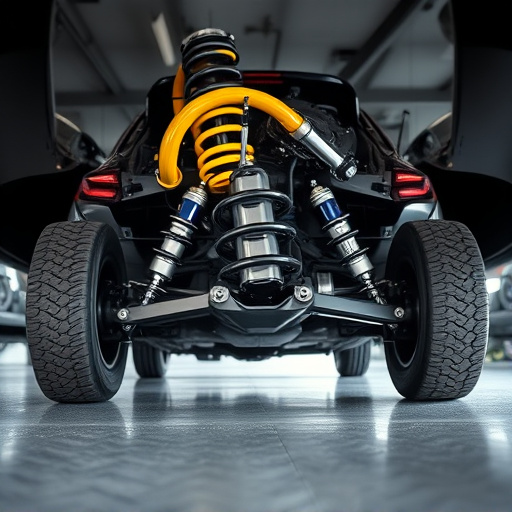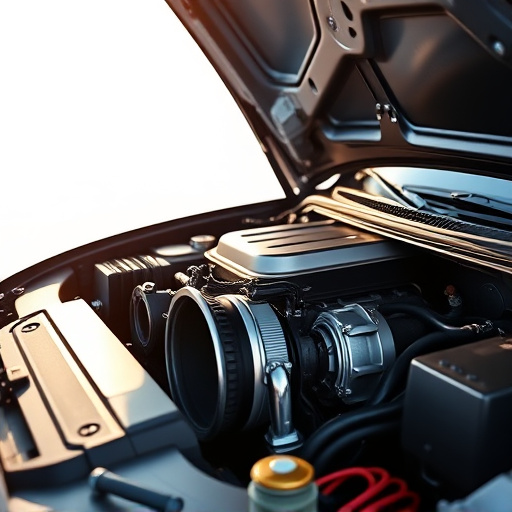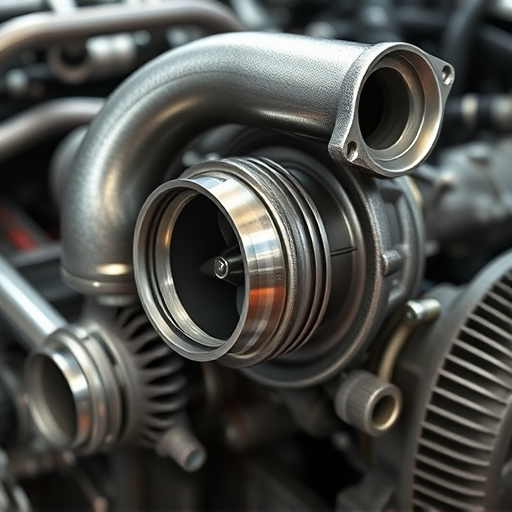Performance air filters enhance engine power by allowing clean air into combustion chambers, trapping fine particles. Regular cleaning or replacement every 30,000-50,000 miles is crucial for optimal performance and fuel efficiency. Inspect filters every 10-15k miles for damage, debris or oil; clean housing thoroughly before reassembling. Frequent replacements needed in dusty areas or long commutes; check for reduced airflow or declining engine performance as indicators. Upgrades to intake components may also require adjustments to the performance air filter.
Maintaining a clean and well-maintained performance air filter is essential for optimal engine health and efficiency. This guide breaks down the key aspects of caring for your vehicle’s critical component—the performance air filter. From understanding its function to regular cleaning steps and replacement timing, you’ll discover simple yet effective strategies to ensure your engine breathes easily. Discover how regular maintenance can enhance performance and extend the life of your high-performance air filter.
- Understanding Your Performance Air Filter
- Regular Cleaning and Maintenance Steps
- When to Replace Your Air Filter
Understanding Your Performance Air Filter
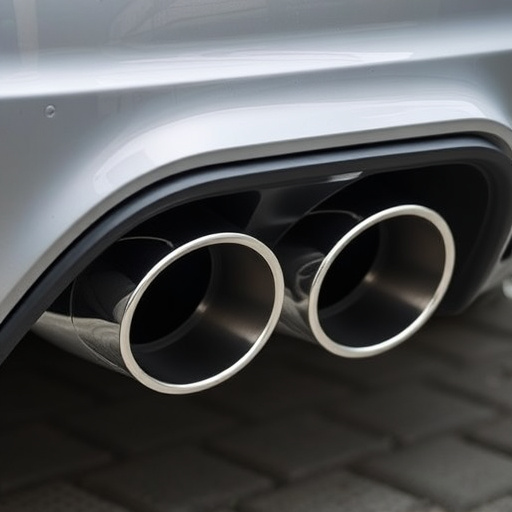
Performance air filters are designed to enhance your vehicle’s engine power by allowing a larger volume of clean air into the combustion chamber. These advanced filters are typically made from high-quality materials, such as synthetic media or carbon fiber, which trap fine particles and contaminants found in the air. Understanding how these performance air filters work is crucial for optimal engine performance. They ensure that only purified air reaches the fuel-air mixture, improving combustion efficiency.
When it comes to maintaining your performance air filter, regular cleaning or replacement is essential. Depending on driving conditions and environmental factors, a clean performance air filter should be checked periodically, often every 30,000 to 50,000 miles or as recommended by the manufacturer. Contaminated filters restrict airflow, reducing engine power and fuel efficiency. Regular maintenance ensures that your vehicle’s performance exhaust system operates efficiently, alongside your high-performance brakes, contributing to a smoother driving experience.
Regular Cleaning and Maintenance Steps
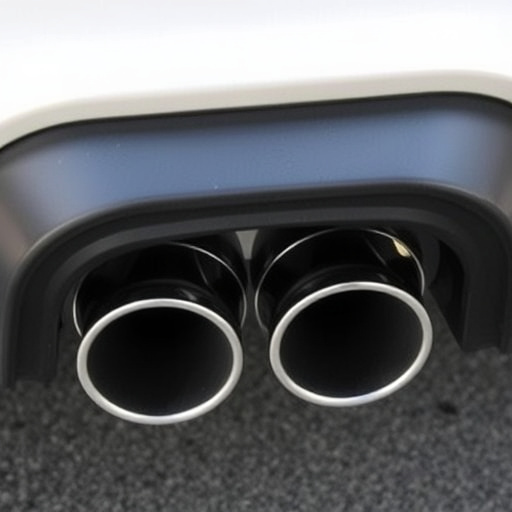
Regular Cleaning and Maintenance Steps for Performance Air Filters
Proper care and maintenance of your performance air filter are essential to ensure optimal engine performance and longevity. Start by regularly inspecting your filter for any signs of damage, debris buildup, or oil contamination. Depending on your vehicle’s use and driving conditions, it’s recommended to clean or replace your air filter every 10,000 to 15,000 miles or as per the manufacturer’s guidelines. Using a dedicated air filter cleaning kit, carefully remove the old filter and clean the housing with compressed air or a suitable cleaner. Ensure that all parts are thoroughly dried before reassembling.
For more advanced maintenance, consider integrating your filter cleaning routine with other performance enhancements like high-performance brake kits and coilover suspensions. These upgrades often require improved airflow, making regular filter upkeep crucial. Remember, a clean air filter allows for better engine breathing, enhancing overall vehicle performance, especially when combined with other tuning components like top-tier intake components.
When to Replace Your Air Filter
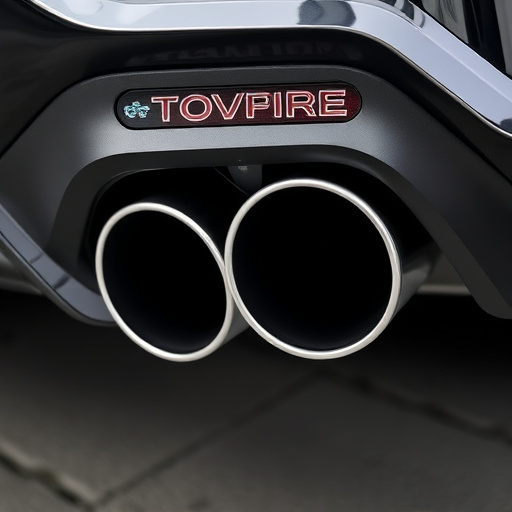
The lifespan of a performance air filter depends on several factors, primarily usage and environmental conditions. If your vehicle is used for long commutes or drives in dusty, rugged terrain, it’s advisable to replace the air filter more frequently than those driven in cleaner, urban areas. Regularly checking your performance air filter is crucial; look for signs of wear, such as debris buildup, crumbles, or a distinct decrease in airflow.
A telltale sign that your performance air filter needs replacement is reduced engine performance, which can be noticed through decreased fuel efficiency and lower horsepower. Additionally, if you’ve recently installed upgrades like coilover kits or high-flow exhaust mufflers, the filtration system may need to adapt to these changes. Keep an eye on your vehicle’s overall health, and remember that a clean air filter is vital for maintaining optimal engine performance.
Properly maintaining your performance air filter is essential for ensuring optimal engine performance and efficiency. By regularly cleaning and replacing your air filter as needed, you can maximize airflow, improve fuel economy, and prolong the life of your vehicle’s engine. Remember to refer to your vehicle’s owner manual for specific recommendations on cleaning and replacement intervals tailored to your make and model. With these simple steps, you’ll keep your performance air filter in top shape, enhancing your driving experience.

